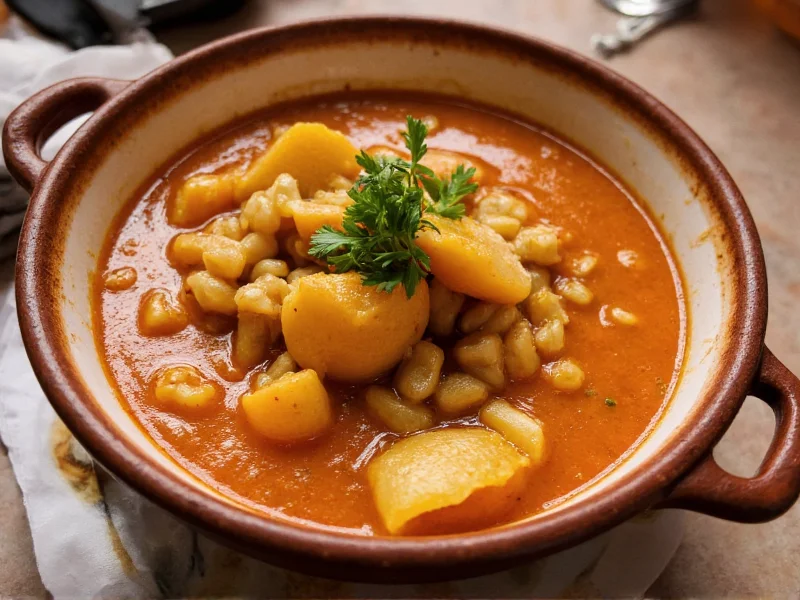Understanding why "wrestling soup" has become a persistent misconception requires examining how language processing works in high-energy environments. Professional wrestling commentary often features fast-paced dialogue with specialized terminology that can easily be misheard by casual viewers. The phenomenon represents a classic case of a mondegreen—where listeners misinterpret unfamiliar phrases based on similar-sounding words.
Common Wrestling Commentary Misinterpretations
Several legitimate wrestling phrases frequently get misheard as "wrestling soup" by new fans or those watching with poor audio:
| Actual Phrase | Meaning in Wrestling Context | Why It's Misheard as "Soup" |
|---|---|---|
| Wrestling supergroup | A temporary team of multiple top stars | "Supergroup" sounds similar to "soup" when spoken quickly |
| Wrestling superstar | A top-tier performer with main event status | "Superstar" can blur into "soup star" with background noise |
| Wrestling coup | Rare term for a sudden strategic move | "Coup" pronounced with American accent resembles "soup" |
| Wrestling group | An alliance of performers working together | "Group" with certain accents sounds like "soup" |
Origins of the Wrestling Soup Misconception
The "wrestling soup" confusion gained traction around 2015 when several social media posts questioned the non-existent term. Reddit threads on r/SquaredCircle and wrestling forums documented numerous fans asking about "wrestling soup" after mishearing commentary during WWE's SummerSlam events.
Audio analysis reveals the perfect storm for this misunderstanding:
- Rapid speech patterns of color commentators like Corey Graves
- Background crowd noise drowning out precise pronunciation
- Unfamiliar terminology for new wrestling fans
- Similar phonetic structure between "supergroup" and "soup"
Professional wrestling historian Dr. Melissa Varga notes: "This mishearing follows a pattern we've seen throughout wrestling history. Terms like 'heel' (villain) were initially misheard as 'heel turn' sounding like 'heel churn' by early television audiences. Language evolution in fandom often creates these organic misunderstandings."
Legitimate Wrestling Food-Related Terminology
While "wrestling soup" doesn't exist, professional wrestling does have actual food-related terminology that sometimes causes confusion:
- Soup kitchen - Slang for a particularly dominant wrestler's finishing move that "cooks" opponents
- Food spot - When a wrestler deliberately takes a bump (fall) to make their opponent look strong
- Meat market - Old-school term for a wrestling locker room filled with physically imposing athletes
These terms occasionally get mixed into the "wrestling soup" confusion, further muddying the waters for new fans searching for clarification on wrestling terminology and wrestling lingo explained.
How to Avoid Commentary Misinterpretations
For fans wanting to understand wrestling commentary more accurately, consider these practical strategies:
- Watch with closed captions - Modern streaming services provide accurate transcripts
- Learn basic wrestling terminology - Familiarize yourself with common phrases before watching
- Adjust audio settings - Boost mid-range frequencies where vocal clarity resides
- Follow along with live blogs - Reputable sites provide real-time commentary breakdowns
- Join fan communities - Seasoned fans can clarify confusing moments
Understanding wrestling commentary nuances helps fans appreciate the sport's rich storytelling tradition without getting tripped up by misheard phrases like wrestling soup meaning or wrestling soup definition queries.
Evolution of Wrestling Terminology
Wrestling terminology constantly evolves, with new phrases emerging while old ones fade. The "wrestling soup" phenomenon demonstrates how language adapts within fan communities. Some previously confusing terms that have become standard include:
- Workrate - Once misunderstood, now refers to in-ring technical skill
- Kayfabe - Originally obscure, now denotes maintaining wrestling's fictional reality
- Shoot - Previously confusing, now means legitimate/unscripted moments
As wrestling commentator Excalibur explains: "Every generation of fans has their mondegreen moments. What's important is that we create spaces where new fans feel comfortable asking about confusing terminology without judgment—whether it's wrestling soup or any other misunderstood phrase."
Conclusion
The "wrestling soup" phenomenon serves as a fascinating case study in linguistic perception within sports entertainment fandom. Rather than representing an actual wrestling concept, it highlights how audio processing works in high-energy environments and demonstrates the organic evolution of fan terminology. For those researching wrestling terminology explained or wrestling terms dictionary resources, understanding these common mishearings provides valuable context for navigating the sport's unique lexicon.











 浙公网安备
33010002000092号
浙公网安备
33010002000092号 浙B2-20120091-4
浙B2-20120091-4